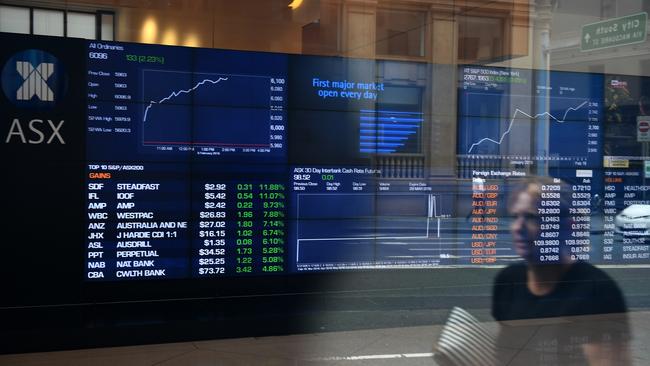
The Orica downgrade was due to China’s decision to source coal from other markets, COVID shutdowns in Latin America and the rise in the Australian dollar, which combined to deal a $100 million-plus hit to the explosives maker’s revenue.
Separately chief executive Alberto Calderon will leave the company after six years to pursue a career in private equity. He will be replaced by Asia Pacific boss Sanjeev Gandhi.
The standout profit season was reflected in the fact that 50 per cent of companies beat expectations, with only 21 per cent below.
Figures supplied by AMP’s Shane Oliver show 48 per cent of companies increased their dividends, while only 33 per cent cut them.
The better-than-expected numbers have significantly changed expectations, with discretionary retail now tipped to produce 14.6 per cent increases in earnings per share, up from the expected fall in earnings at the start of the year.
Last year, banks reported a 36.9 per cent fall in earnings and this year they are expected to report a 45.6 per cent increase.
Banks are selling at a relatively low price earnings multiple of 15.4 times, below the 18.1 times multiple for the market and 28.2 times for industrial companies.
Stock prices have eased this, on concerns about rising bond prices.





Orica’s profit downgrade came at the end of the best earnings season in Australia for six years, with 55 per cent of companies reporting an increase in profits, up from 36 per cent last August.